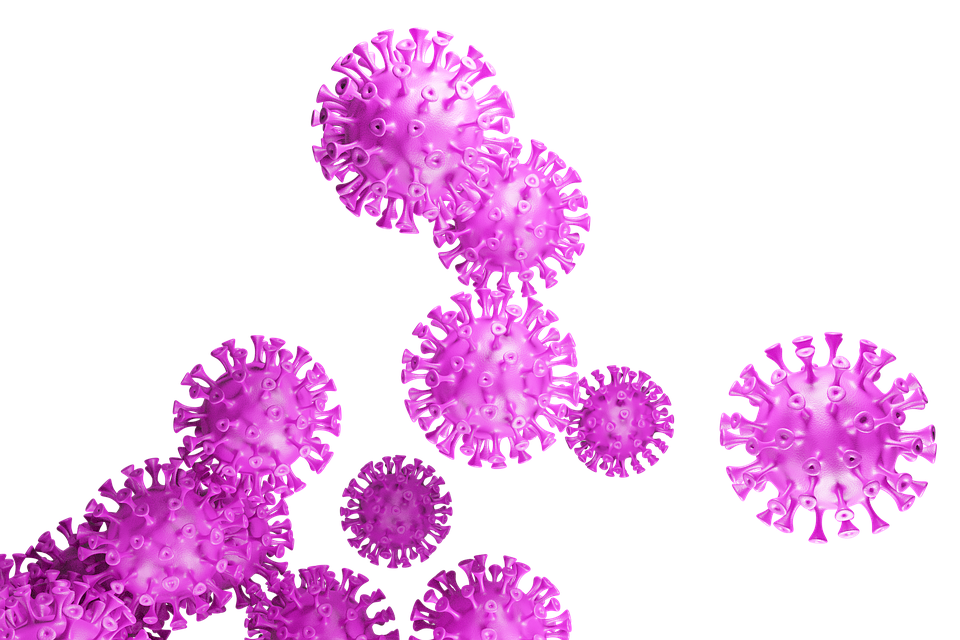For this article, I suggest you read this study.
There is no way to ignore coronavirus, yet there is not very clear what to do about it. I want to share some original thoughts on the subject. Some of them will be controversial and thought-provoking. I start from pessimistic notes and gradually increase the level of optimism, so you may choose to skip the first sections.
People will die, no matter what we do
Every year around 0.5 million die from common flu worldwide. More people die from mistakes of medical personal (about 0.4 millions in US alone) and hospital infections (about 0.1 million in US alone). Coronavirus takes these issues a notch further:
- It is a flu we are not yet immune to. It is more contagious (~x2) and deadly (~x10) than the common flu.
- Medical personnel and facilities are not built to deal with such sort of disease, and they are prone to contamination and quarantine.
- More sick people and fewer effective doctors increase medical mistakes exponentially. Eventually, there are simply not enough ventilators for all people who need them.
We know that people above age 80 are around x10 more likely to die than people in ages 70-80 quite often because medical caregivers prioritize equipment for use of younger and healthier people.
The COVID-19 is just oversized flu, so there is no real reason to panic. Which brings me to the next issue: panic is more deadly than the disease itself.
Panic is dangerous
The actual mortality rate will be known only many years from now. It can be as high as 5% of the people who show sufficient symptoms to be tested. Which means the true mortality rate is probably below 1%. If the medical personal is focused and there is enough equipment, the mortality rate is well below 0.5%.
What does that mean? If we panic and align is a big queue to buy say toilet paper, we risk catching an infection. If infected people flood emergency rooms, the medical facilitates get contaminated. And when there are too many patients for doctors and ventilators to handle, people will die. Possibly x10 more people than would die otherwise.
Many protective devices used by medical personal are inadequate, yet I argue they perform very well. Why? Possibly because of the placebo effect. Using an inadequate mask is more reassuring than not using a mask at all. When we are calm, our immune system functions better. We will either not get sick, or get sick less than without a mask.
I suggest wearing a mask and gloves or at least washing the hands thoroughly. If hygiene will not protect you, the ritual itself will.
Unemployment is something to beware
The governments use various social distancing means to reduce the number of sick people and minimize the chances of medical facilities overrun by patients. This is a good idea, but it comes with further dangers. The biggest danger is to the economy.
The economical risks are very dangerous for mental health. Unemployed men are twice more likely to die than employed men. More so when people need to pay medical bills.
My suggestion: if you can work and get paid you should work, and if you cannot get paid you should learn something new. If you are too uneasy to learn, look for ways to volunteer. Paradoxically, volunteers get the best protective equipment and are highly motivated, e.g. less likely to get sick.
Yet this crisis is a tremendous opportunity
While on average people will suffer, for each of us there is also a huge opportunity.
- People spend more time with media, and if you are an influencer you will be listened to.
- Huge market changes are great for entrepreneurs. You can make a lot of money if you are creative.
- Normally busy people get to spend time with their families. This sort of forced vacation will be an important memory of generations to come, and we should use it wisely.
- We have more time to learn/train. Even at home with kids working remotely we still have more time to read or learn or train than without corona and we should definitely use it.
- The countries hit stronger by Corona are more likely to flourish afterward. This is a bit counterintuitive. The main reason is probably young and more creative leadership. Think of Japan and Germany in 30s or 60s: they were more successful than the victors (France, UK, and US).
- Every crisis makes us painfully aware of the things we were blind to. This leads to a huge scientific, medical and technological progress, maybe to a new way to communicate with each other and be human.
We should consider ourselves lucky
One of the studies I read about medieval Europe, exposed that below 10% mortality rate resulted in a great era of progress and prosperity, but above 20% mortality rate cause depression and decay. Fortunately, in the worst and darkest scenarios, our mortality rate will be well below the 10% threshold.
Some say that COVID-19 was a laboratory-developed virus. I seriously doubt that: a good weapon-grade biological agent has a 30% mortality rate. Imagine what would happen if one of those agents got out?
We will ace this danger as a society and as individuals, and get stronger as a result. Moreover, the harder we get hit now, the greater is the prosperity we should expect afterward.

Get 4 Free Sample Chapters of the Key To Study Book
Get access to advanced training, and a selection of free apps to train your reading speed and visual memory

